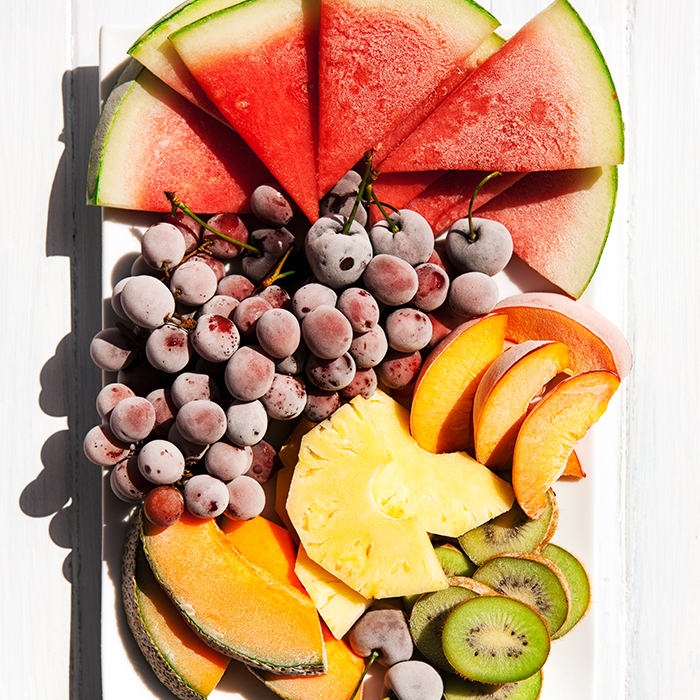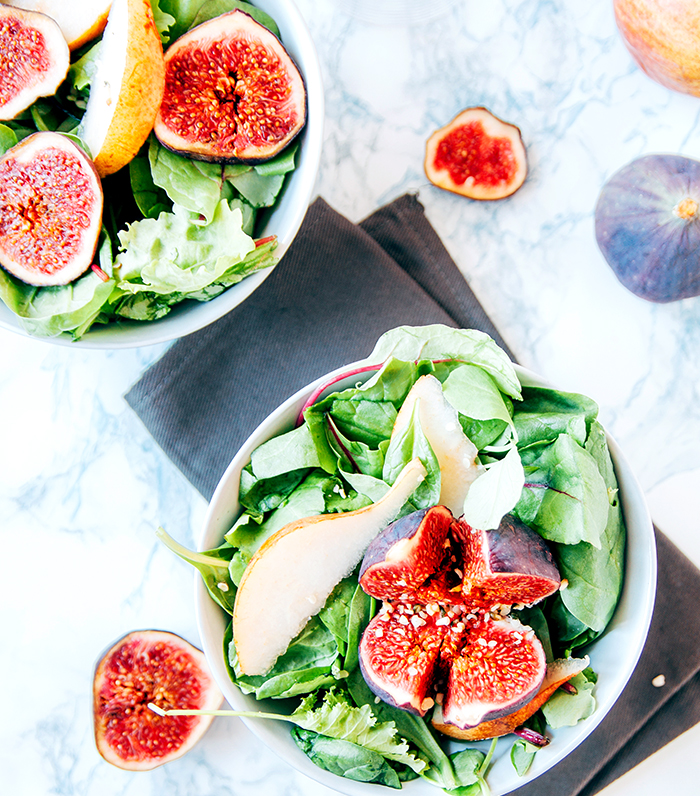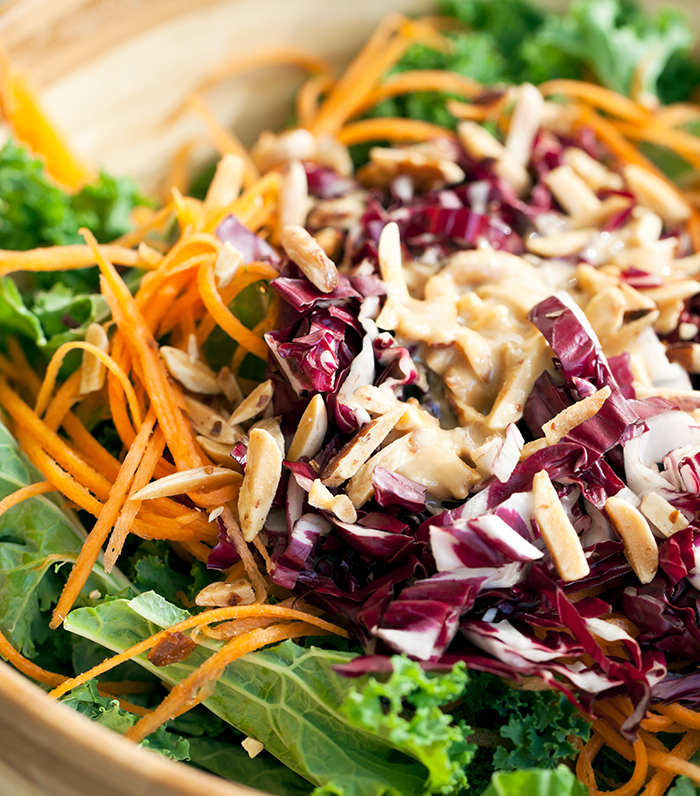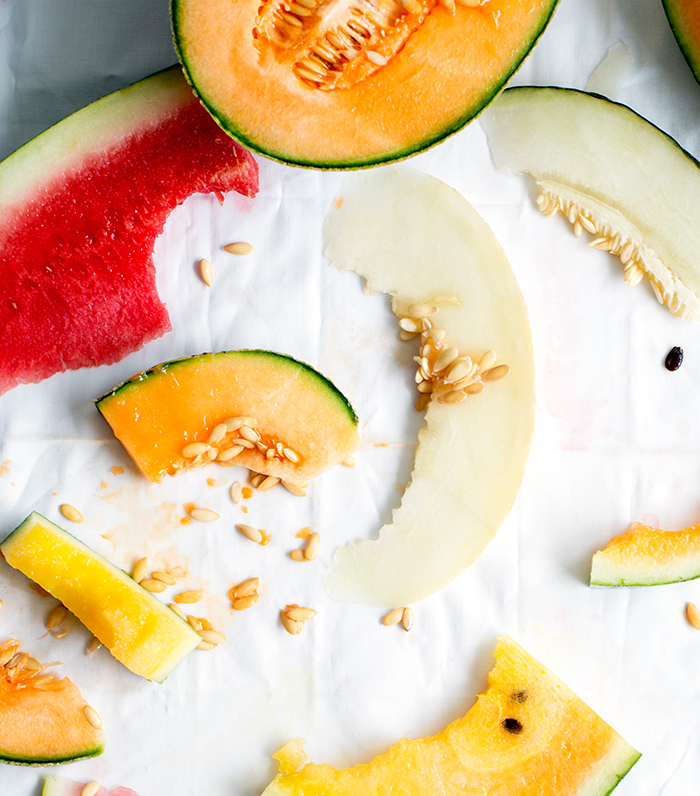Found: A Diet for IBS That's Nutritionist-Approved


Inevitably, life has some not-so-glamorous and uncool moments up its sleeve. One such reality is irritable bowel syndrome, or IBS, a common disorder that affects your digestive system. Research and clinical studies show that you might be dealing with common symptoms like abdominal pain or cramping, bloating, gas, constipation, or diarrhea, or constipation and diarrhea. According to the International Foundation for Functional Gastrointestinal Disorders, 10% to 15% of people worldwide are affected by IBS. But there's good news: The condition can be handled with a few healthy changes to your lifestyle and diet.
Registered dietitian and Genki Nutrition owner Jonathan Valdez, who also happens to be a spokesperson for New York State Academy of Nutrition and Dietetics, notes the importance of consulting a professional before making large dietary changes. "Healthier lifestyles such as diet changes and stress management can help manage symptoms and prevent IBS," says Valdez. "The following is a not a catchall and may require a follow-up with an interdisciplinary team that may involve a registered dietitian nutritionist, a primary care physician, GI specialist, and psychiatrist." Read on for his tips on foods to eat and avoid, along with a trusted diet for IBS.
Eat Small, Frequent Meals

"In terms of diet, try small and frequent meals rather than large meals, especially a meal that's high in fat. Eat at regular times that your body is used to," explains Valdez. "For example, if you're used to waking up at 5 a.m. to eat breakfast, don't start skipping breakfast or start eating at 8 a.m."
Consume Lots of Fiber

"Continue eating a high-fiber diet," suggests Valdez. "If you're not used to having a high-fiber diet, start slow and then comfortably increase your way up to the recommended 25 grams of protein for women or 38 grams of fiber for men for ages 18 to 50 years of age. For more simplicity, for every 1000 calories, have 14 grams of fiber."
Valdez continues: "With greater fiber intake comes greater water intake. Keep hydrated to keep stools going and to prevent constipation. You know you have enough when your urine is a tint yellow versus apple juice."
An Example Diet for IBS

Valdez highly recommends following the Low FODMAP Diet, developed in Australia, to manage IBS:
Oligosaccharides (Fructans and Galactooligosaccharides, or GOS)
fructans: onion, garlic, wheat, rye, inulin, artichokes, beetroot
GOS: chickpeas, kidney beans, lentils, broccoli, Brussels sprouts, soy products
Disaccharides (Lactose)
cow's milk, ice cream, cottage cheese, ricotta cheese, pudding
Monosaccharides (Fructose)
Mostly found in fruits whose absorption is increased by glucose. Note: Not all fruits are made equal. Those containing equal amounts of glucose and fructose may be more easily absorbed, versus high-fructose fruits such as apples, pears, cherries, mangoes, sugar snap peas, and watermelon. Other products, such as honey and agave nectar, should be avoided, as well as high-fructose corn syrup.
Polyols (Sorbitol and Mannitol)
blackberries, cherries, apricots, apples, nectarines, pears, peaches, plums, watermelon, cauliflower, snow peas, mushrooms
Valdez adds that for dairy products, lactose-free is abundant and can be incorporated into your diet. "Fruits that can be consumed are grapefruit, honeydew melon, kiwi, limes, lemons, cantaloupe, strawberries, and oranges," explains Valdez. "Vegetables that can be eaten are bean sprouts, bok choy, carrots, chives, bamboo shoots, eggplant, ginger, lettuce, and olives. Protein options that are available are beef, pork, chicken, fish, eggs, tofu, almonds, and walnuts. When it comes to grains, eat oats, gluten-free pasta, quinoa, corn, and rice."
Foods to Avoid
"You may want to avoid caffeine and alcohol as these substances stimulate the intestines, which may then lead to diarrhea," warns Valdez. "Artificial sweeteners, such as sorbitol, mannitol, and xylitol, may also cause diarrhea. Finally, carbonated drinks may cause gassiness.
"With all these limitations, it may cause vitamin or mineral deficiencies, but it shouldn't be a concern, because there are still foods that you can consume. In addition, just because the items are on the 'avoid list' doesn't mean small amounts will affect you at all. A food journal to pinpoint problematic foods is recommended."
Ed. note: Before making changes to your diet, be sure to consult your doctor.
So that you're all squared away, review the rundown of everything you need to know about IBS.
Disclaimer
This article is provided for informational purposes only and is not intended to be used in the place of advice of your physician or other medical professionals. You should always consult with your doctor or healthcare provider first with any health-related questions.

